Focus on green transition at informal meeting of environment ministers
Published
Minister for Climate and the Environment Romina Pourmokhtari hosted an informal meeting of EU environment ministers in Stockholm on 18–19 April, which was also attended by business leaders from across the EU. The focus of the meeting was the green transition and the role of business in promoting biodiversity, circularity and competitiveness.
“The green transition should be front and centre for long-term European competitiveness. At the meeting, we raised concrete issues regarding how the transition can be delivered. We discussed the current conditions, challenges, driving forces and bottlenecks, and how we can enhance cooperation between decision-makers and businesses,” says Ms Pourmokhtari.
The meeting began on 18 April with plenary discussions on cross-sectoral issues of significance to the green transition. Three invited speakers with different perspectives on investments, sustainability and innovation opened the discussions: Director-General Jean-Christophe Laloux from the European Investment Bank, Dr Martin Porter from the Cambridge Institute of Sustainability Leadership and Professor Mariana Mazzucato from University College London.
EU businesses will be responsible for a significant part of the transition. Each minister was therefore encouraged to bring a representative of a ‘green frontrunner’ – a business that has made a considerable contribution to sustainable development.
The ministers and business leaders held discussions of various different issues in smaller groups. Initially, the theme was the conditions, incentives and collaboration needed to overcome bottlenecks and deliver the green transition.
The discussions continued with how climate neutrality can be combined with competitiveness and prosperity, and how the business sector can help halt and reverse biodiversity loss and increase materials efficiency, circularity and resilience, and sustainability.
The business leaders emphasised the importance of a stable and predictable environmental legislation. They also highlighted creating economic incentives for circular materials and products, and pointed out that access to skills and knowledge is a current bottleneck for innovation, and that infrastructure is a key factor.
In addition, the ministers discussed the EU’s priorities in the negotiations on a legally binding global agreement on plastic pollution, which will continue in Paris at the end of May. The global agreement may play an important part in the green transition and promote a level playing field and a circular economy for plastics.
The meeting also included a study visit in which the participants test-drove a variety of electric vehicles, including heavy goods vehicles and buses.

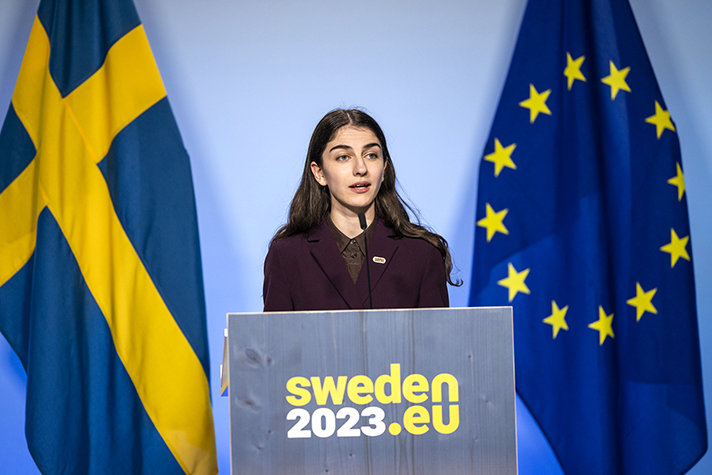
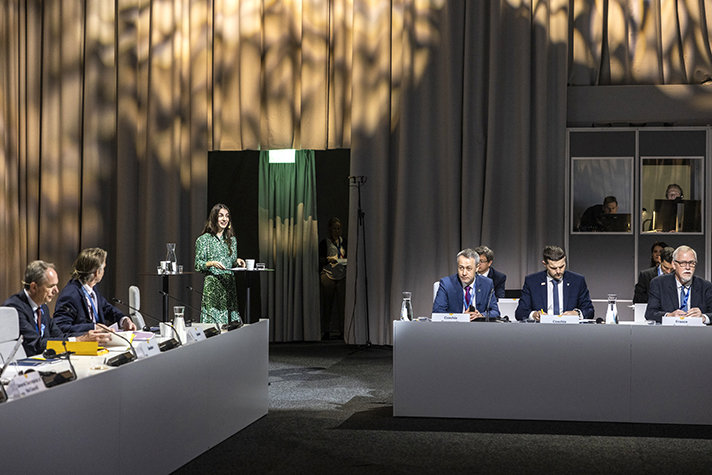
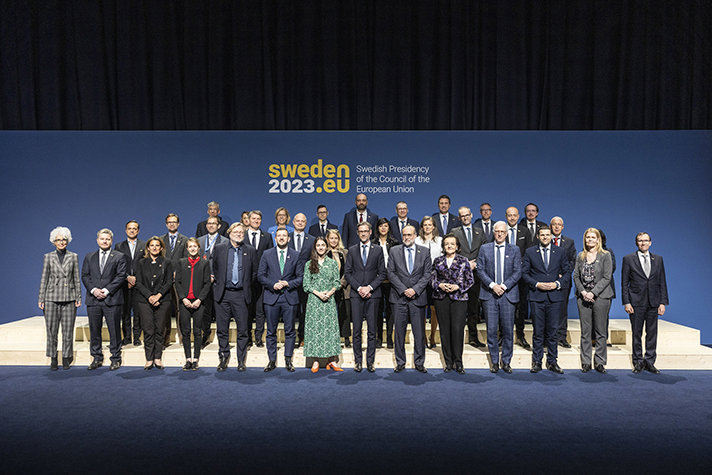
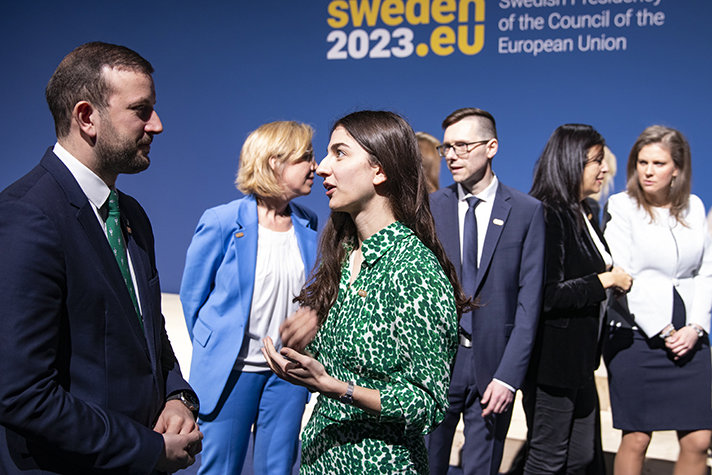
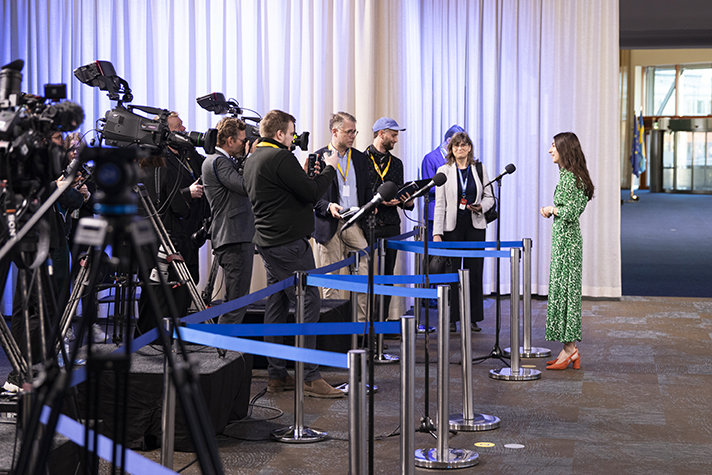
 X
X